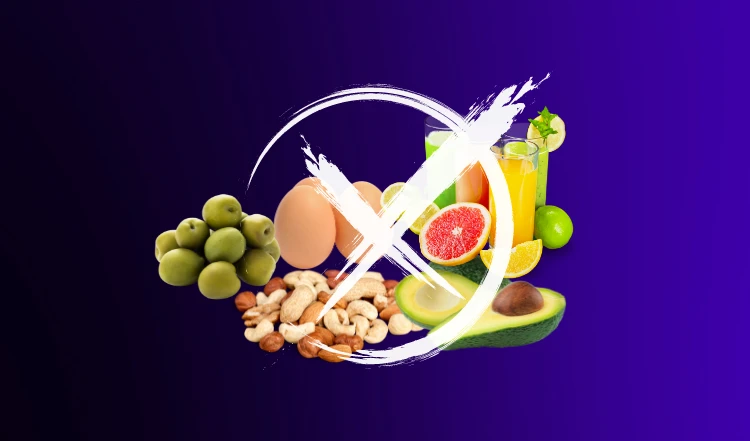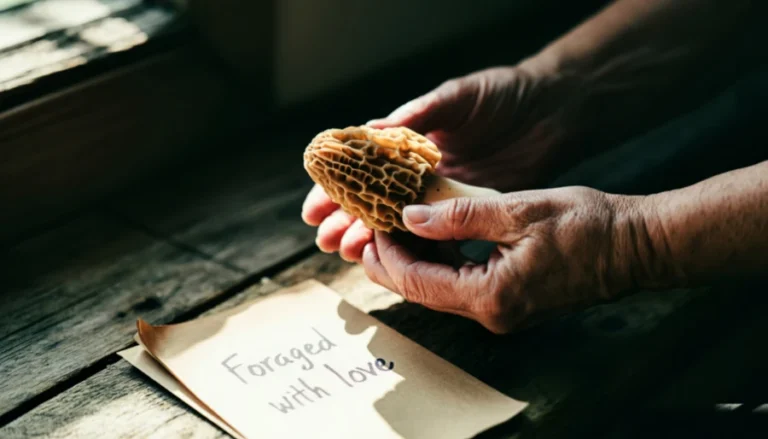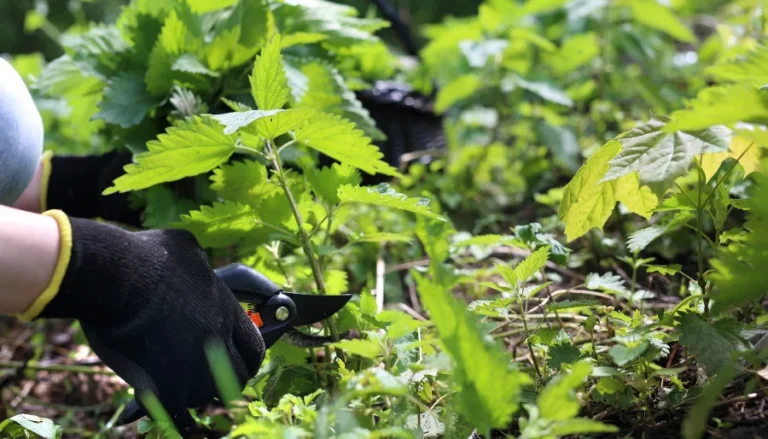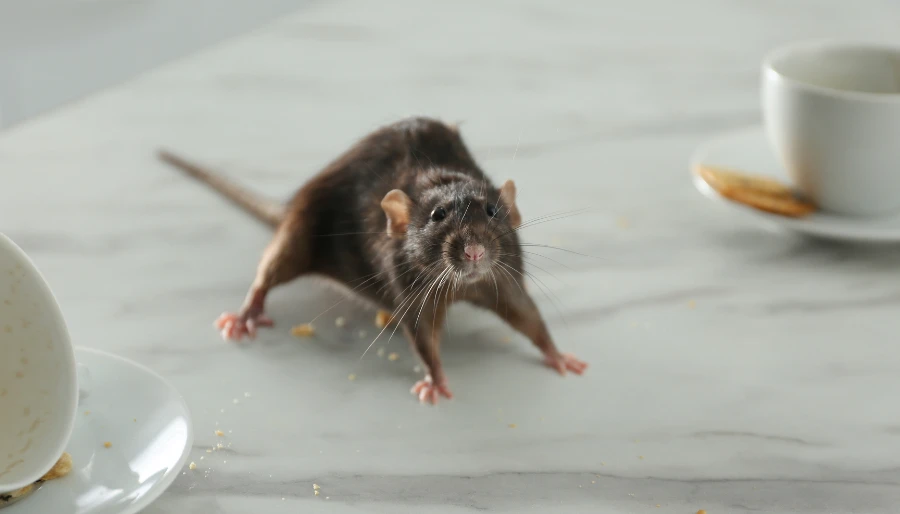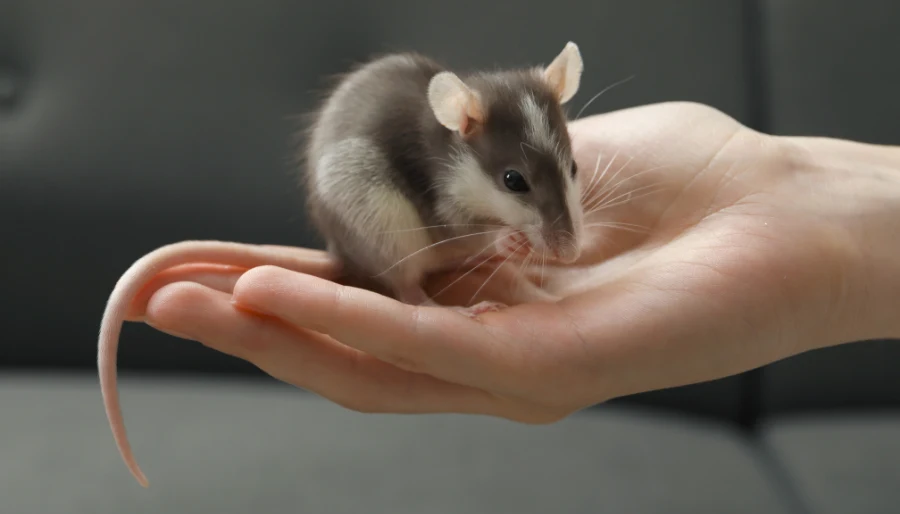Dehydrating foods is a great way to preserve foods which lowers food waste (a serious problem in this country) while saving money, time and space. But not all foods can or should be dehydrated. Here’s my quick handy list of the top foods that are best to avoid.
Here is a list of those foods and the reasons why you should avoid them when you are planning on stocking your pantry.
- Avocados
- Dairy (such as, milk, butter and cheese)
- Eggs
- Fatty Meats
- Nuts/Peanut Butter
- Olives
- Store Bought Condiments
- Juices
But Why Shouldn't You Dehydrate These Food Items?
Avocados
Due to the high fat content in avocados, they don’t dehydrate well. For one, they don’t taste good, become leathery/rubbery and the oils they contain begin to go rancid quickly afterwards, which increases the risk of food poisoning. Avocados can be frozen or freeze-dried for longer storage.
Dairy
Dairy products like milk, butter and cheese have high fat contents which will hinder the dehydration process and will go rancid quickly and pose a threat of food poisoning. Most dried or powdered dairy products available at the store are processed under higher temperatures to prevent the growth of harmful bacteria, this can’t be done with a home dehydrator.
It’s best to be safe and purchase the products available at the store, or consider a freeze dryer for home use for these items.
Eggs
Many people have dehydrated eggs and have reported no issues, but it does have its risks. For one, if the proper temperature is not maintained during dehydration, the risk of bacterial growth such as salmonella can occur, and you usually have to scramble them to combine the yolk and whites, which are great for scrambled eggs but can be difficult to used for baking.
You might consider freezing your raw eggs, or look into a home freeze dryer instead. There are powdered egg products available at the store too.
Fatty Meats
Fatty meats should never be dehydrated, the fat content hinders the dehydrating process and the fats will go rancid quickly afterwards. The risk for bacteria growth and food poisoning isn’t worth it. Try making jerky with lean meats instead. You can also look into a home freeze dryer to preserve meats safely.
Nuts and Peanut Butter
Due to the high fat contents, it’s best to avoid these foods, the oils will go rancid quickly and increase the risk of food poisoning. It’s best to buy your nuts in the shell to store, and peanut butter (other than fresh) already comes preserved for longer storage.
Olives
There really is no reason to dehydrate olives, most are sold in cans or jars and are easily stored in your pantry, also, they don’t taste good. The high fat content also hinders the dehydrating process and will go rancid quickly, so just avoid dehydrating them.
Store Bought Condiments
Most store bought condiments are full of preservatives, added sugars and oils as well as other chemical additives. These added ingredients could alter their chemistry and hinder the dehydration process. These items are already preserved for longer storage and are best left in their unopened containers in your pantry.
Juices
It’s pretty impossible to dehydrate liquids in a home dehydrator, and really shouldn’t even be attempted. Other than fresh juices, most juices and sodas are already packaged for longer storage and if you really want another storage option for your juices, try freezing them in ice cube trays and placing the cubes in a freezer bag.
It’s great that you are looking into dehydration as a go-to option for preserving food for your family’s pantry, and keep dehydrating those many great foods that are easily dehydrated, but keep these foods off your list of go-to’s to keep your family safe.







